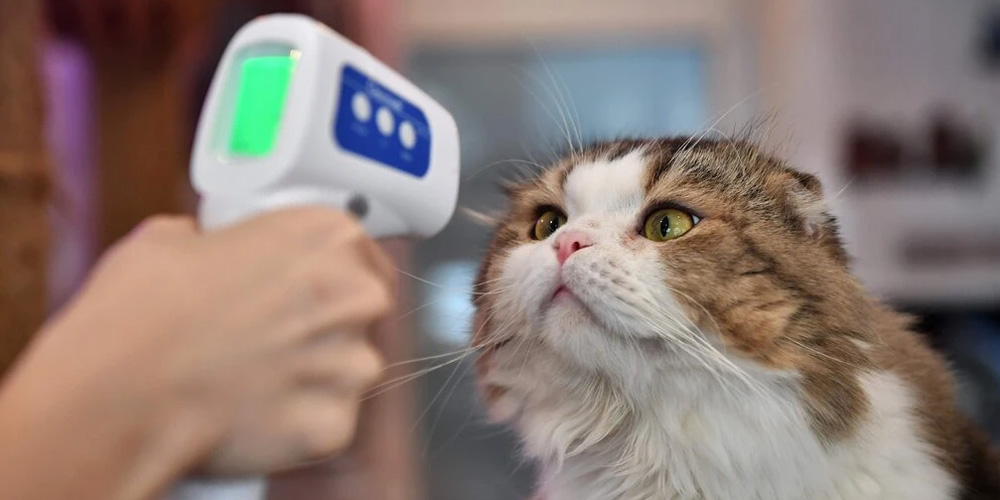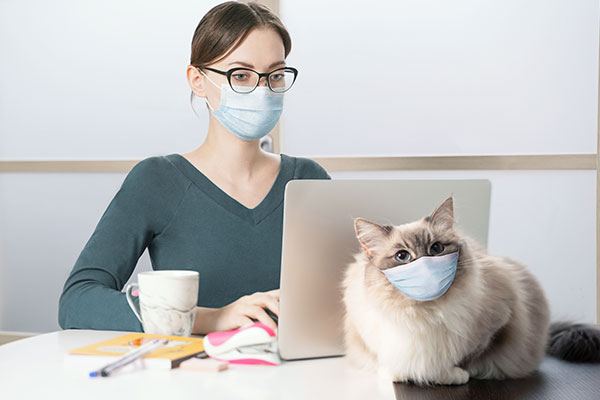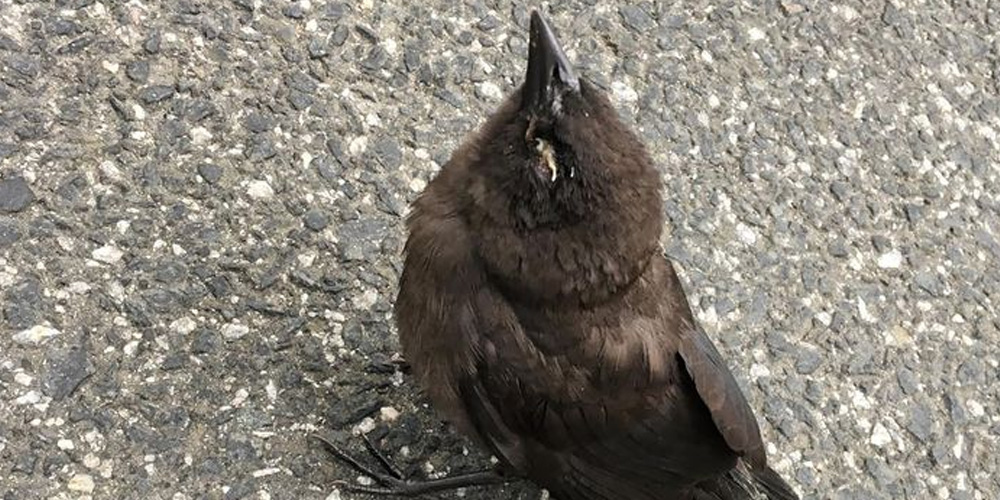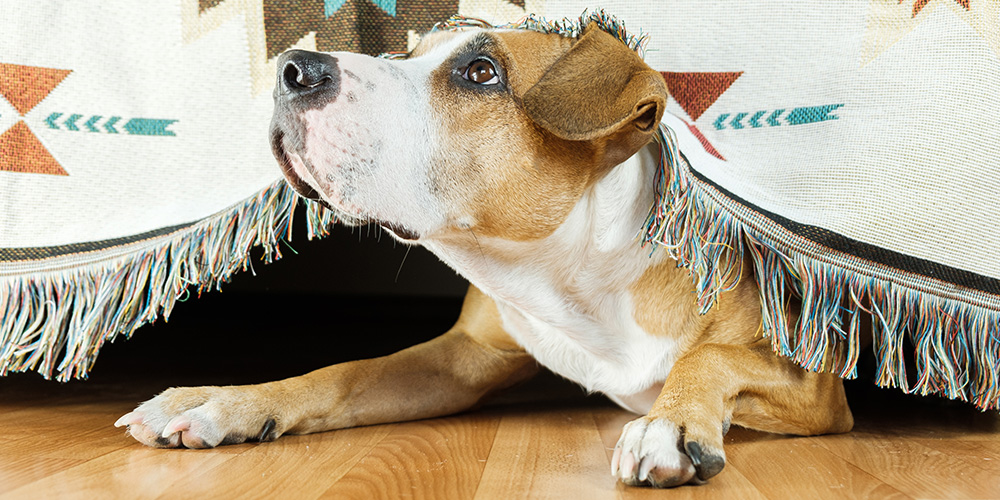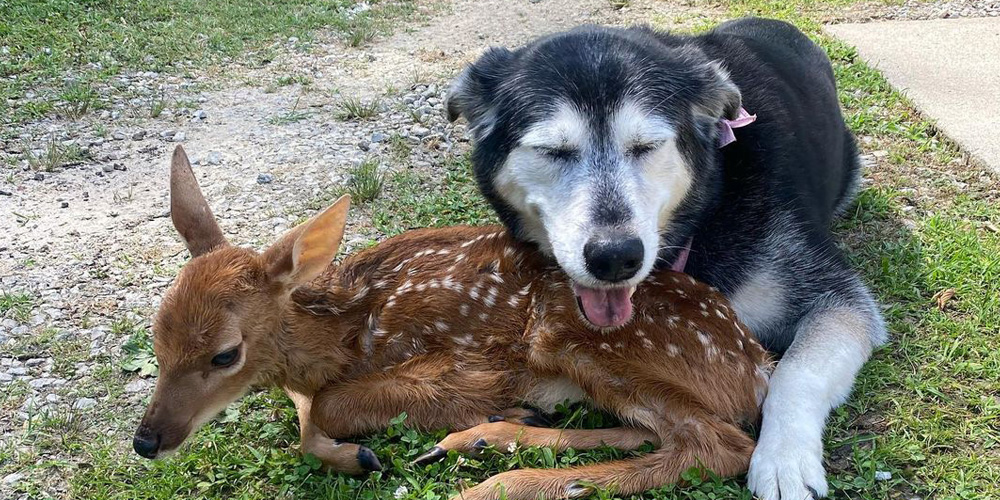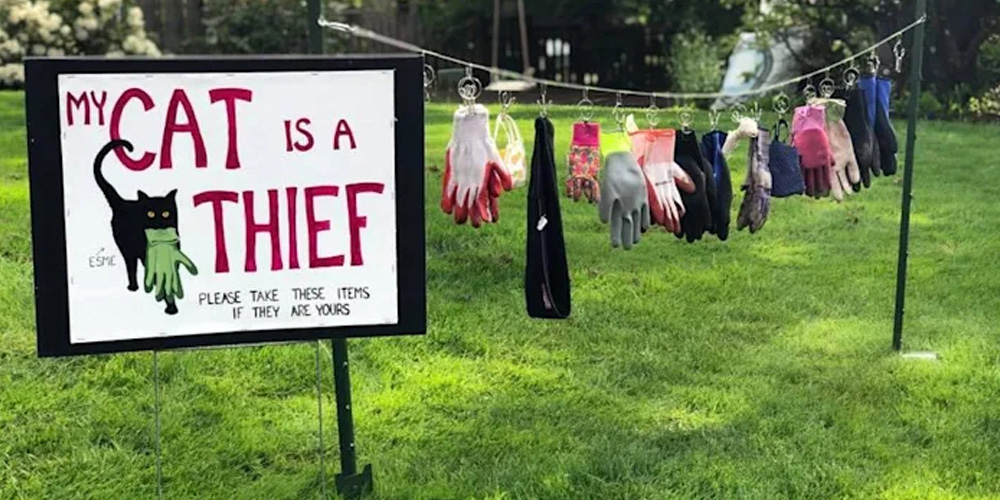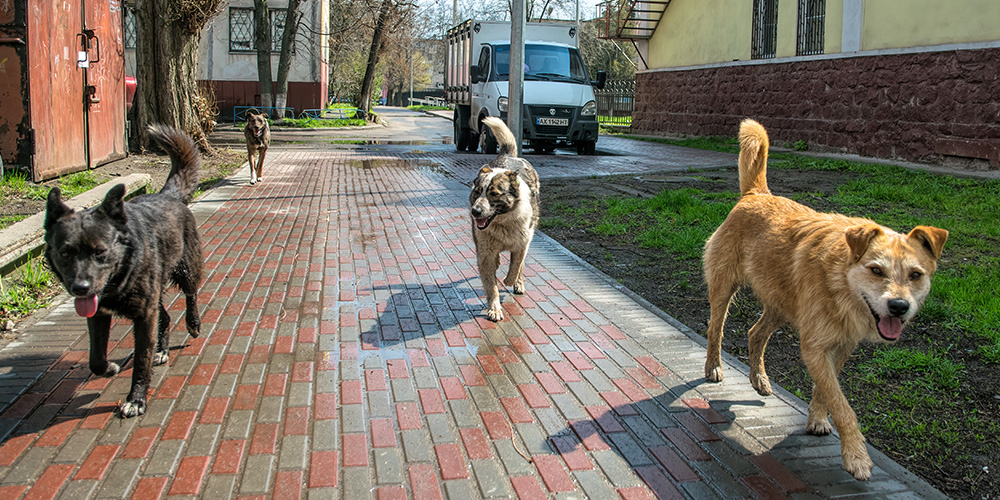With SARS-CoV-2 rocking the world and causing devastation, globally, there has been one researcher thinking beyond the impact on ourselves. Ly, a veterinary and biomedical researcher at the University of Minnesota, saw how close we are to our animals and decided to research whether the Coronavirus was transmissible between humans and our pet pals.
The research is particularly prevalent, given the rise of pet ownership under lockdown. Not to mention the increase in time we spend with our pets, when working from home. As such, the answer has never been more important – can we give our pets Covid-19?
Back in March 2020, two dogs in Hong Kong tested positive for the virus, with the tests recognising the polymerase chain reactions and indicating the affirmative in light of this. However, the tests themselves only indicate positive results when the virus is actively replicating. In other words, when it’s growing and increasing.
As such, continuously swabbing pets (via their snout, much like how our tests check our nasal passage) is extremely time-consuming. And, by the time the data came to be collected, the results would already be out of date.
Instead, Ly had the idea to check for the presence of antibodies, which would indicate that the virus had been present and effectively fought off by the white blood cells. He pitched the idea to his wide, Yuying Liang, who works alongside him in the research lab. “I had the idea, but she is the boss,” Ly said.
In order to test for the virus, the researchers worked with vets and clinical pathologists. Usually, when pets pass through the system, bloods are taken to check for a wide range of different medical needs. All of which come under a wide range of different symptoms, including “annual checkups, unrelated disease, peeing inappropriately on the wall,” Ly said. However, once tested, these vials are usually discarded.
Instead, Ly asked the pathologists if he could also test the samples for the antibodies. In the first 100 samples, it was found that 5% of cats had the antibodies, while a negligible number of dog samples did. In order to be certain of the results, Ly continued to tests hundreds more samples across the middle of last year, as case numbers rose steeply in humans.
The final results indicated that 8% of the cats tested had the covid antibodies present in their blood. Meanwhile, less than 1% of the dogs tested showed any indications of being infected by the Coronavirus.
As a result of the tests, which have since been published in Virulence – a peer-reviewed medical journal – the findings indicate that domestic cats are much more susceptible to the Coronavirus than dogs.
Interestingly, however, it would seem that the results of the infection in cats are much more mild than those found in humans. “I am still a bit surprised that cats are so readily infected and yet rarely exhibit any signs of illness,” says Dr. Angela Bosco-Lauth, a biomedical researcher at Colorado State University’s College of Veterinary Medicine and Biomedical Sciences. While she was not directly involved in the research, she has been amazed to see the results of the study.
That being said, it is important to note that there is currently no evidence that infected pets increase the risk of their humans getting Covid. It seems that, although cats and dogs may develop Covid after being in close contact with an infected human, there is very little risk of the infected pets passing on Covid to their owners.
At the time of writing, there are no indications as to why cats are more susceptible to the virus than dogs are. Also, because the samples were acquired anonymously, there are no correlations observed regarding whether being indoor or outdoor cats, or what diet they were on, and so on have any effect on the likelihood of becoming infected.
As a result of the Ly’s findings, the researcher suggests that those who test positive for Covid-19 should try to stay away from both cats and dogs. While the risks are still low, it highlights the importance of how our own illnesses can have an effect on the health and wellbeing of our beloved pet pals.
Note: The advice provided in this post is intended for informational purposes and does not constitute medical advice regarding pets. For an accurate diagnosis of your pet's condition, please make an appointment with your vet.

